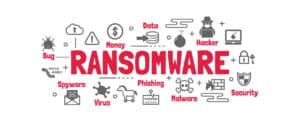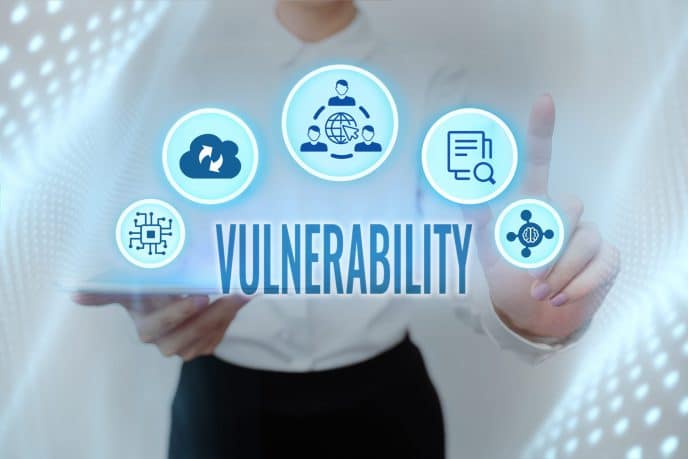IT & Cyber Security Blogs & Resources
Mindcore can give you the solutions you need to transform your IT. Read our blog to learn more about IT tips, solutions, and news!
Featured Blogs
Blog Posts & Mindcore News
Case Studies
How a Florida Country Club Successfully Optimized Technology and Service During a Large Renovation
When an emerging leader in the multifaceted world of proxy solicitation and corporate advisory needed a solution for hosted infrastructure and cybersecurity, they wanted a firm that could do more than just deploy the tools.
Mindcore IT Services helped a data-driven corporate financial advisory firm with year-round strategic guidance, improving their cyber security and compliance standards and adapting to their business goals in an ever-changing industry.
“Our Co-Managed IT Service was the answer to their needs. With over a decade of success in delivering this service to clients, we provided a tailored solution that allowed this very successful medical practice to unlock a world of possibilities—enabling them to face the future with confidence in their technology.” Matt RosenthalCEO and PresidentMindcore Technologies […]
While their property underwent major renovations that consisted of a new state-of-the-art fitness center, lounge and kitchen, we helped them navigate a complete virtual overhaul. We started by upgrading their aging technology infrastructure and IT services by replacing it with a brand new IT Operations as a Service (OaaS) partnership.
When a national organization serving a worldwide community of athletes through rules-governance, championships and other initiatives needed to transform their technology operations, they came to Mindcore.
At Mindcore, we pride ourselves in providing our clients with the expert guidance they need to make the best decision. At the end of the day though, they’re the ones who make the final decision and our role is to support that decision. You may have similar relationships, so you understand that those decisions aren’t always so easy–especially when it impacts the bottom line.
Security Resources
 Zero Trust
Zero Trust
Zero trust is a security framework wherein trust is established based on context through least-privilege access controls and strict user authentication — not assumed trust. This model offers organizations increased protection of sensitive data, greater visibility into network traffic, and reduced risk of cyber threats.
 Spear Phishing Attacks
Spear Phishing Attacks
Spear phishing is a type of social engineering scam in which a perpetrator tricks a user into providing sensitive information, sending money, or downloading malicious software. Among the many forms of phishing, spear phishing remains the most popular avenue for attack, used by 65% of all known threat actors.
 Social Engineering Attacks
Social Engineering Attacks
Social engineering is the art of manipulating, influencing, or deceiving you to gain access to your computer systems. Using human psychology, attackers play on human emotions such as fear or urgency to trick users into divulging sensitive information.
 Ransomware Attacks
Ransomware Attacks
Ransomware is the number one cyber security concern for any organization. It is an effective strategy for attacking businesses, critical infrastructures, and individuals. The impacts of ransomware can range from loss of data and productivity to expensive recovery processes and damage to your company’s reputation.
 Phishing Attacks
Phishing Attacks
Phishing is the practice of sending fraudulent emails that appear to come from a reputable source. These attacks trick individuals into revealing sensitive data, including passwords and credit card numbers.


